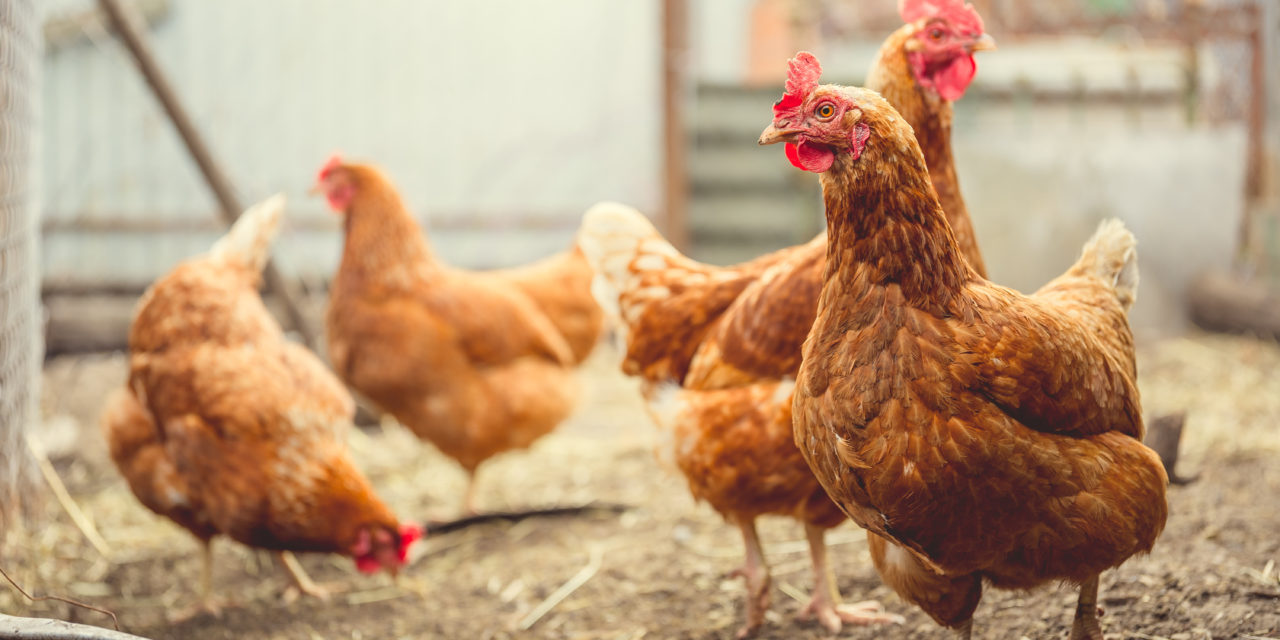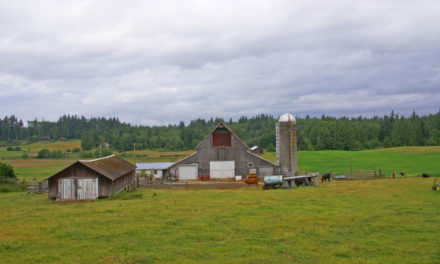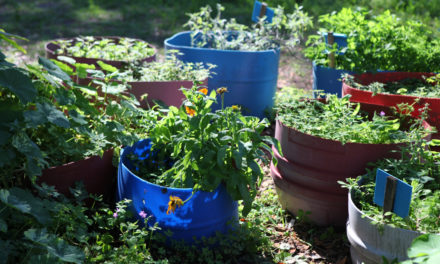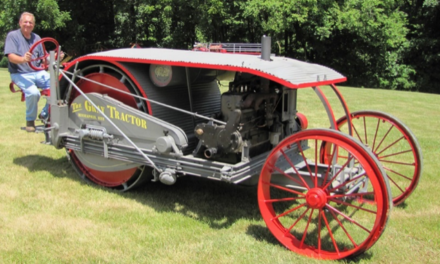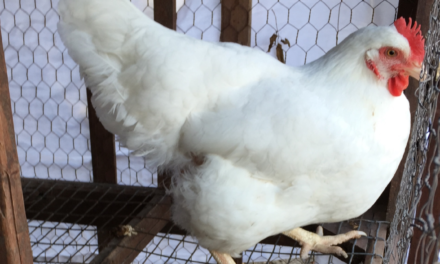Do you have some hot mammas down on the farm? As we approach the hot, humid days of summer, it’s time to adjust to manage our flocks properly.
A chicken’s body is 50 percent water, and an egg is 65 percent water, making water the most essential nutrient in a chicken’s diet. When a layer is deprived of water, it will significantly reduce production, and in the worst cases, they may stop laying permanently.
If a laying hen goes without water for as little as 24 hours, she may take as long as 24 days to bounce back. If for whatever reason she goes without water for 36 hours, she may go into a forced molt, followed by a period of poor laying from which she may never recover. It is essential to provide our flocks with fresh clean water and adequate ventilation.
Mediterranean breeds like Leghorns and Minorcas suffer less in the heat than do heavily feathered breeds like Cochins and Brahmas. White Leghorn will be less likely to be subject to heat stroke than a brown Leghorn because a lighter feathered bird will reflect sunlight better.

Laying hens will develop heat stress quicker than non-laying hens. When the temps rise over 85 degrees Fahrenheit, a chicken will start panting and hold their wings away from their bodies. By holding the wings out, it exposes more skin surface under the wings. They will stand and pant and release heat through evaporation from the lungs.
But it is like hyperventilating as they exhale large amounts of carbon dioxide which raises the PH levels in the blood and that throws them into stress. A stressed bird will lay fewer, smaller eggs with thin shells.
In hot weather, I still fill my nipple watering system that is outdoors in the chicken yard, but since chickens will drink more water if it is around 55 degrees, when it is over 95 and humid, I use the smaller portable waterers that I fill with cold water and yes, ice cubes. I do spoil my girls, but they give me fresh eggs and so much pleasure, it’s not too much effort to help them stay cool!
The girls come running when I bring out the cold rinds from the melons. In extreme cases, misting or immersing the bird in water will help reduce their body temps enough to save them. Let’s try to keep those hot mamas cool! Enjoy your flock!

